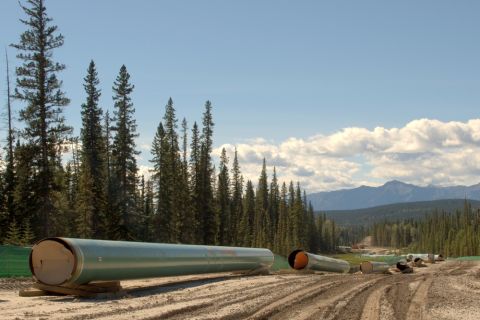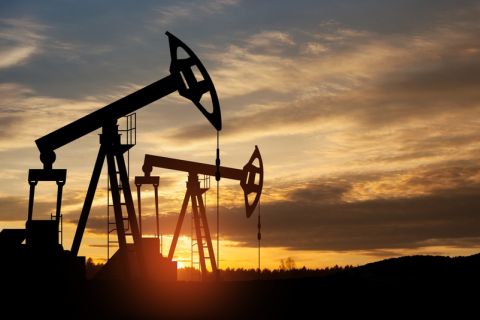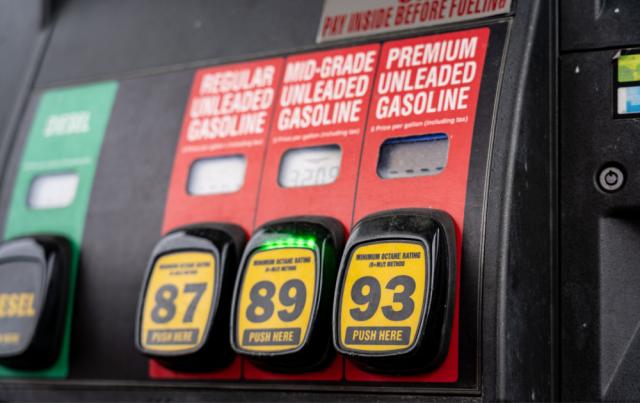
The White House didn’t provide details of specific conversations Biden may have discussed with the Middle Eastern leaders about additional oil production increases or related to combating climate change. (Source: Shutterstock.com)
U.S. President Joe Biden concluded his historic tour of the Middle East and meetings with regional leaders who reaffirmed joint commitments on matters ranging from efforts to stabilize oil markets to energy and food security as well as the climate crisis, but nothing concrete regarding boosting oil production.
The Middle East trip comes ahead of U.S. midterm elections and as Russia’s President Vladimir Putin continues with his military invasion in Ukraine. The U.S. economy and others worldwide have not been isolated from the negative impacts of the war such as supply disruptions due to restrictions on Russian exports as well as rising inflation and soaring energy and fuel costs.
Biden proclaimed the trip a success and touted recent reductions in both oil and gas prices on his return to Washington while still venting at oil and gas companies to contribute more to lower costs for U.S. citizens.
“Gas prices have been dropping for 34 days straight, about 50 cents a gallon. That saves the average driver about $25 a month. I know those extra dollars and cents mean something. It’s breathing room. And we’re not done working to get prices even lower,” Biden wrote July 18 in a Twitter post.
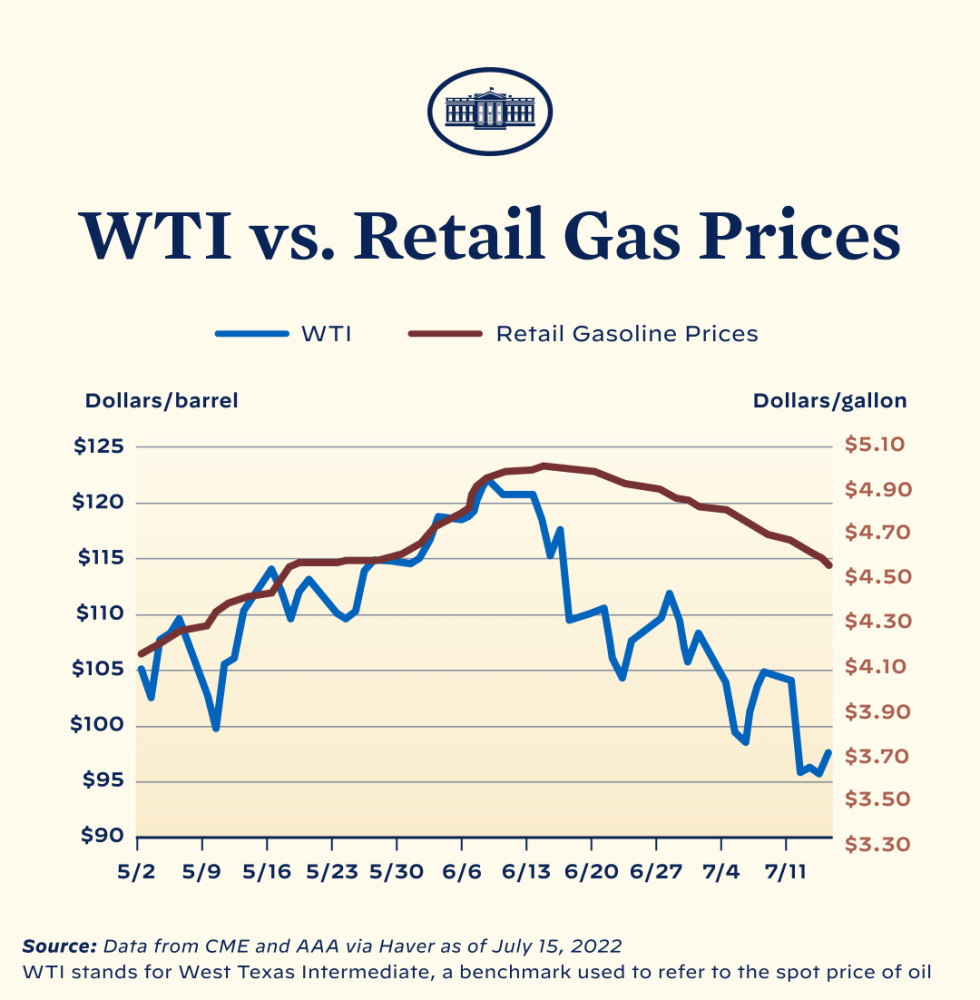
“Oil prices have come down 20% from June highs, but prices at the pump have only come down half as much,” he wrote in another Twitter post. “That’s unacceptable. It’s time for oil and gas companies to pass along their lower costs to Americans.”
Biden’s visit to Saudi Arabia was “to meet with the GCC (Gulf Corporation Council) and nine other leaders to discuss the security and strategic priorities of the United States and to demonstrate that we have no intent to leave a vacuum here in the Middle East, particularly for Russia or China to fill, or for that matter, Iran,” a senior U.S. administration official said July 16 during a background press call discussing Biden’s trip to the Middle East.
“Russia is effectively making a bet on Iran, and we are making a bet on a more integrated, more stable, more peaceful and prosperous Middle East region,” the official said.
The White House didn’t provide details of specific conversations Biden may have discussed with the Middle Eastern leaders about additional oil production increases or related to combating climate change.
Energy Matters
In Jeddah, the last major stop on the tour, Biden met with leaders from Bahrain, Kuwait, Oman, Qatar, Saudi Arabia, the United Arab Emirates, Egypt, Iraq and Jordan. The meetings with the countries, commonly referred to as the GCC+3, focused on a vision of an integrated Middle East region working together against “new diseases, ensuring food and energy security, and addressing the climate crisis through partnerships,” the White House said.
RELATED:
Biden Says He Supports Two-state Solution while in West Bank
Biden also met with leaders to discuss and recognize “efforts of OPEC+ toward stabilizing the global oil market in the interests of consumers, producers, and supporting economic growth,” the statement said as part an attempt to contain oil prices and higher energy costs.
All the leaders also commended plans by OPEC+ to boost oil supply in July and August while also commending Saudi Arabia for its role in helping OPEC+ members to reach a consensus on production.
In June, OPEC+ “pledged to increase production 648,000 barrels in July and August. Doesn't appear they are meeting this level in July,” Jim Mitchell, Head of Americas oil analysts at Refinitiv, told Hart Energy in an emailed response to questions. Mitchell added that he wasn’t sure what would “change in August that will get OPEC+ to this level.”
Some GCC members announced plans to commit $3 billion in projects that align with U.S. Partnership for Global Infrastructure and Investment goals, and include infrastructure investments in low- and middle-income countries, others to advance climate and energy security and digital connectivity while boosting and diversifying global supply chains.
Biden oversaw deals agreed between Saudi Arabia, Kuwait and Jordan to supply affordable energy to Iraq and help the country diversify its energy supply. Such deals signed in Biden’s presence will link Iraq’s electricity grid with those of GCC members and allow Iraq to tap into “new and diversified sources of electricity over the coming decade,” according to a fact sheet from the White House regarding Biden’s trip.
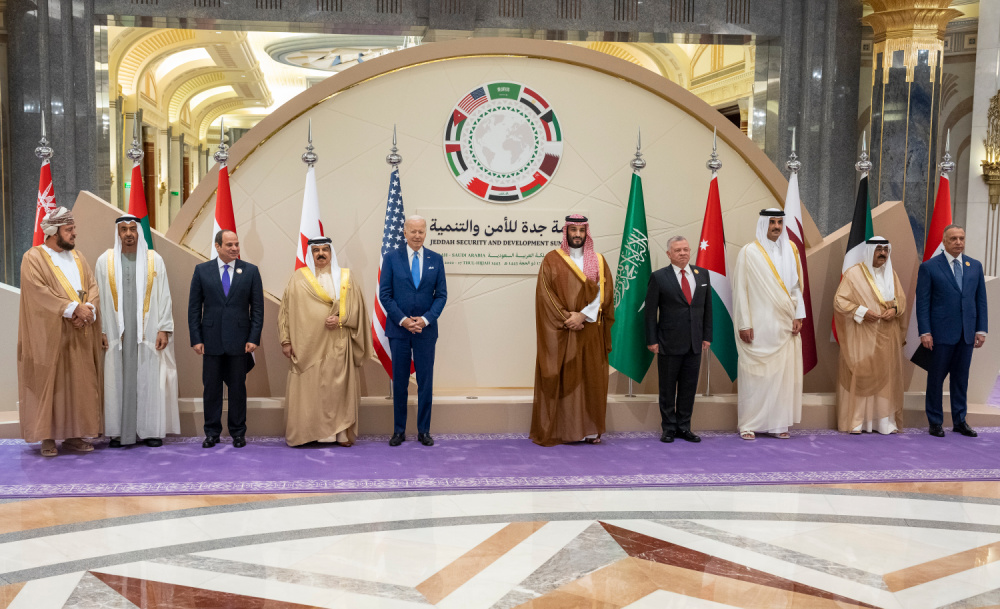
Defense Matters
Leaders from the Middle East also confirmed commitments aimed at preserving regional security and stability, supporting diplomacy, security and intelligence cooperation and guaranteeing secure waterways. Regarding the latter, Biden said the U.S. would work with GCC members to “deter and confront all external threats” and especially as they related to the Strait of Hormuz and the Bab Al-Mandab.
The leaders also showed continued support for efforts to assure the Arab Gulf region is free of weapons of mass destruction, prevent Iran from developing a nuclear weapon and combat terrorism.
The leaders also reaffirmed commitments to cooperate and coordinate to enhance their “defense and joint deterrence capabilities” against threats from unmanned aerial systems and cruise missiles while enhancing missile defenses and maritime security capabilities.
Editor’s note: This story was last updated at 3:25 p.m. CT on July 20 to add analyst commentary.
Recommended Reading
US Refiners to Face Tighter Heavy Spreads this Summer TPH
2024-04-22 - Tudor, Pickering, Holt and Co. (TPH) expects fairly tight heavy crude discounts in the U.S. this summer and beyond owing to lower imports of Canadian, Mexican and Venezuelan crudes.
US Gulf Coast Heavy Crude Oil Prices Firm as Supplies Tighten
2024-04-10 - Pushing up heavy crude prices are falling oil exports from Mexico, the potential for resumption of sanctions on Venezuelan crude, the imminent startup of a Canadian pipeline and continued output cuts by OPEC+.
Imperial Expects TMX to Tighten Differentials, Raise Heavy Crude Prices
2024-02-06 - Imperial Oil expects the completion of the Trans Mountain Pipeline expansion to tighten WCS and WTI light and heavy oil differentials and boost its access to more lucrative markets in 2024.
Oil Broadly Steady After Surprise US Crude Stock Drop
2024-03-21 - Stockpiles unexpectedly declined by 2 MMbbl to 445 MMbbl in the week ended March 15, as exports rose and refiners continued to increase activity.
What's Affecting Oil Prices This Week? (March 25, 2024)
2024-03-25 - On average, Stratas Advisors are forecasting that oil supply will be at a deficit of 840,000 bbl/d in 2024.



